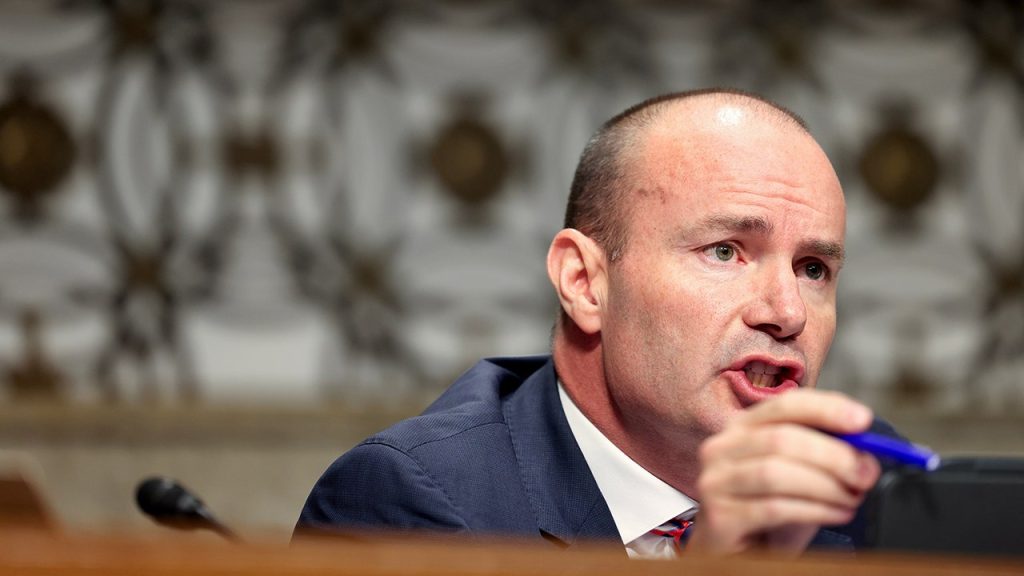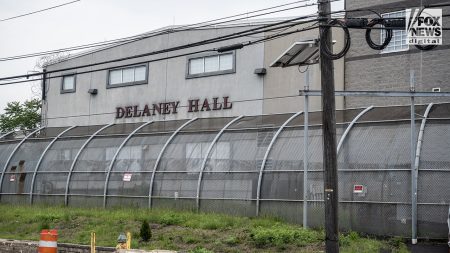Senator Mike Lee (R-Utah), along with Representatives Chip Roy (R-Texas) and Jodey Arrington (R-Texas), have introduced the “America First Act,” aiming to restrict welfare and other federal benefits access for undocumented immigrants, including those paroled into the U.S. or granted asylum. The bill targets programs like SNAP, TANF, Medicaid, CHIP, and certain housing benefits, arguing that these resources were intended for American citizens and should not be allocated to individuals residing in the country illegally. The sponsors contend that the current system allows for a “criminal redistribution scheme” where undocumented immigrants, often entering through fraudulent asylum claims, access benefits meant for struggling American families. This legislation aims to rectify this perceived injustice and prioritize American citizens’ access to these crucial support programs.
The core of the America First Act revolves around amending the Personal Responsibility and Work Opportunity Reconciliation Act to explicitly exclude undocumented immigrants from eligibility for federal welfare programs. The bill defines these individuals as those lacking legal status, including asylum seekers, parolees, and individuals facing deportation. Proponents argue that this measure is necessary to uphold the integrity of the welfare system and ensure that limited resources are directed towards their intended recipients. They maintain that the current system unfairly burdens American taxpayers by diverting funds to individuals who haven’t followed legal immigration procedures.
A key strategy for passing the America First Act is utilizing the budget reconciliation process. This legislative maneuver allows certain budget-related bills to bypass the Senate’s 60-vote filibuster threshold, requiring only a simple majority for passage. Recognizing the potential roadblocks presented by the filibuster, Republicans are strategically aiming to include this legislation within a larger budget reconciliation package. This tactic would enable them to secure passage with the slim Republican majority in the Senate, effectively circumventing potential Democratic opposition. The sponsors are currently in negotiations to include the Act as a “pay-for,” offsetting the costs of other budget items, such as border security enhancements.
The proponents of the America First Act cite a Congressional Budget Office (CBO) report projecting a significant increase in federal program outlays due to the influx of immigrants. This report estimates a $0.3 trillion increase in spending on mandatory programs and interest on the national debt over the 2024-2034 period. The sponsors argue that their bill would mitigate these financial burdens by reducing the number of individuals eligible for federal assistance. They further emphasize that the bill not only targets traditional welfare programs but also limits access to educational, healthcare, housing benefits, disaster aid, and various tax credits for undocumented immigrants. This broader approach aims to substantially reduce the fiscal impact of undocumented immigration on the federal budget.
Senator Lee and his colleagues justify the America First Act by claiming that the current narrative around undocumented immigrants’ ineligibility for benefits is misleading. They contend that while official policy may state such restrictions, in practice, many undocumented individuals do access these benefits. They point to what they term “fraudulent asylum claims” as a pathway for undocumented individuals to gain access to welfare programs. By clearly defining eligibility and tightening enforcement, the bill aims to close these perceived loopholes and ensure that benefits reach only those legally entitled to them.
The White House has not yet issued a formal response to the America First Act. However, the proposed legislation is expected to face significant opposition from Democrats and immigration advocacy groups. Critics are likely to argue that the bill unfairly targets vulnerable populations seeking refuge and perpetuates harmful stereotypes about immigrants. They may also question the CBO projections and the sponsors’ characterization of asylum seekers. The bill’s passage will likely hinge on the political maneuvering within Congress and the broader public debate surrounding immigration and welfare policy.










